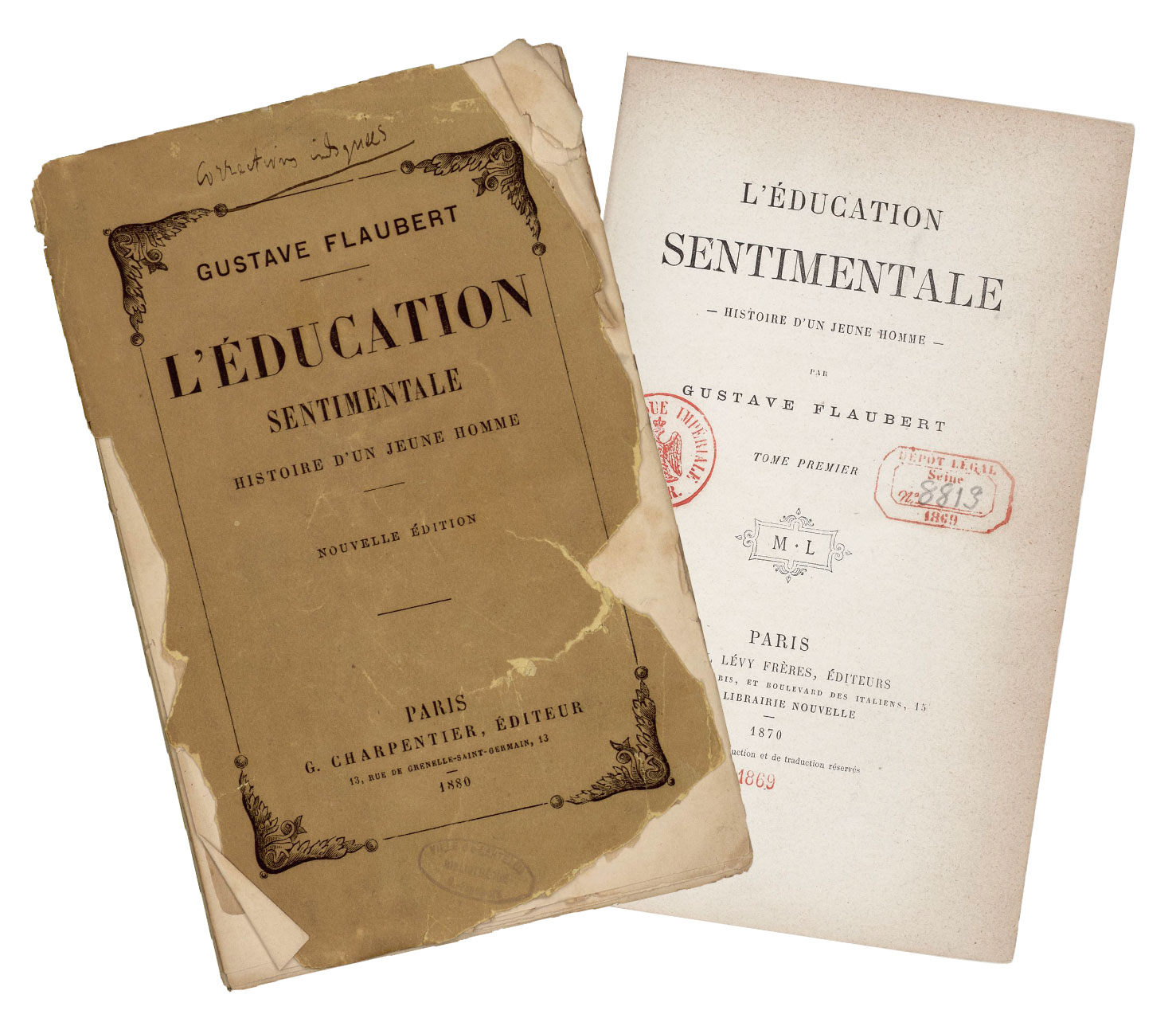

Describing Flaubert's story 'Passion et vertu', written when he was 15 or so, Wall observes that, 'just as in Madame Bovary, Flaubert twists his tale to make it a vindication of the heroine, destroyed by the dark power of romantic love'. For Wall, things are either one way or another, while in Flaubert's fiction clarity is not so easily come by. Consequently they often feel untrue to Flaubert's sluggish temperament. Wall's literary judgments are sometimes acute, but they are always brisk and definite. Sometimes his dependence on her was a tactic he could use to keep other women at the distance he preferred, but their relationship undoubtedly had some of the inertia of a marriage. Gustave's posthumous idealisation of his father Wall attributes to guilt: 'Perhaps, at some deeper level, the prodigal son had been the death of the father.' Flaubert certainly enjoyed the fruits of Oedipal victory, in the form of unending intimacy with his mother. At one point, Dr Flaubert accidentally poured boiling water over his son's right hand: 'The unconscious meaning of his painful "mistake" is all too evident.' The same tension, between explicit impersonality and unspoken compassion, animates the mature style of his son'.įathers, as Wall is quick to point out, are largely absent from Flaubert's fiction and no doubt he is right to imagine an Oedipal struggle.


Wall sees in the father, a doctor who built up the fortune that Flaubert did so much to dissipate, a man whose mind 'was disturbed by invisible currents of pity and horror. In a rather coy footnote, attached to Flaubert's doctrinaire statement that 'the poor hate the rich and the rich hate the poor', Wall implies that he ordinarily keeps his own ideas out of the text: 'The biographer would like to point out to his subject, in the relative privacy of a footnote, that the heroic compassion of Achille-Cléophas Flaubert might be a significant exception to the rule he has just expounded.' In fact, Wall is free with his opinions, and the championing of Flaubert's 'critical, loving, disappointed' father is a real feature of the book. Flaubert's idea that the writer should be invisible in his work both won and lost him readers - the refusal of moralising made Madame Bovary scandalous and made Sentimental Education seem inert.


 0 kommentar(er)
0 kommentar(er)
